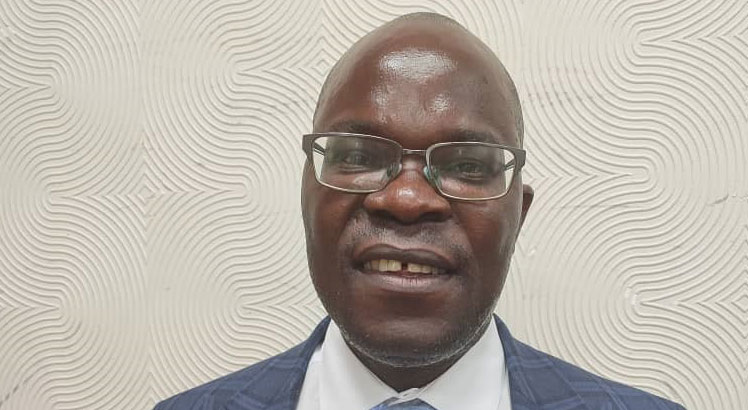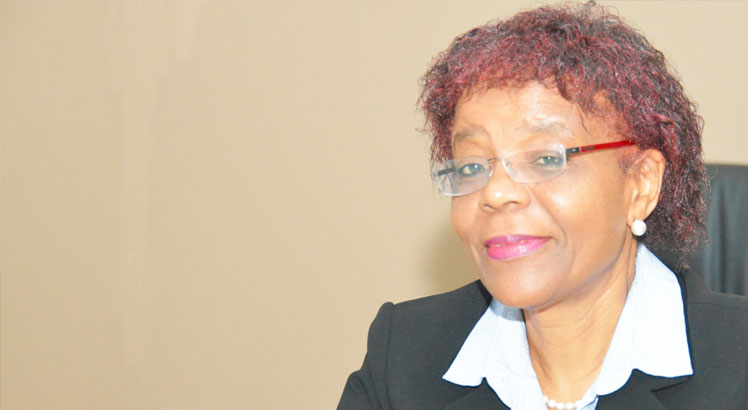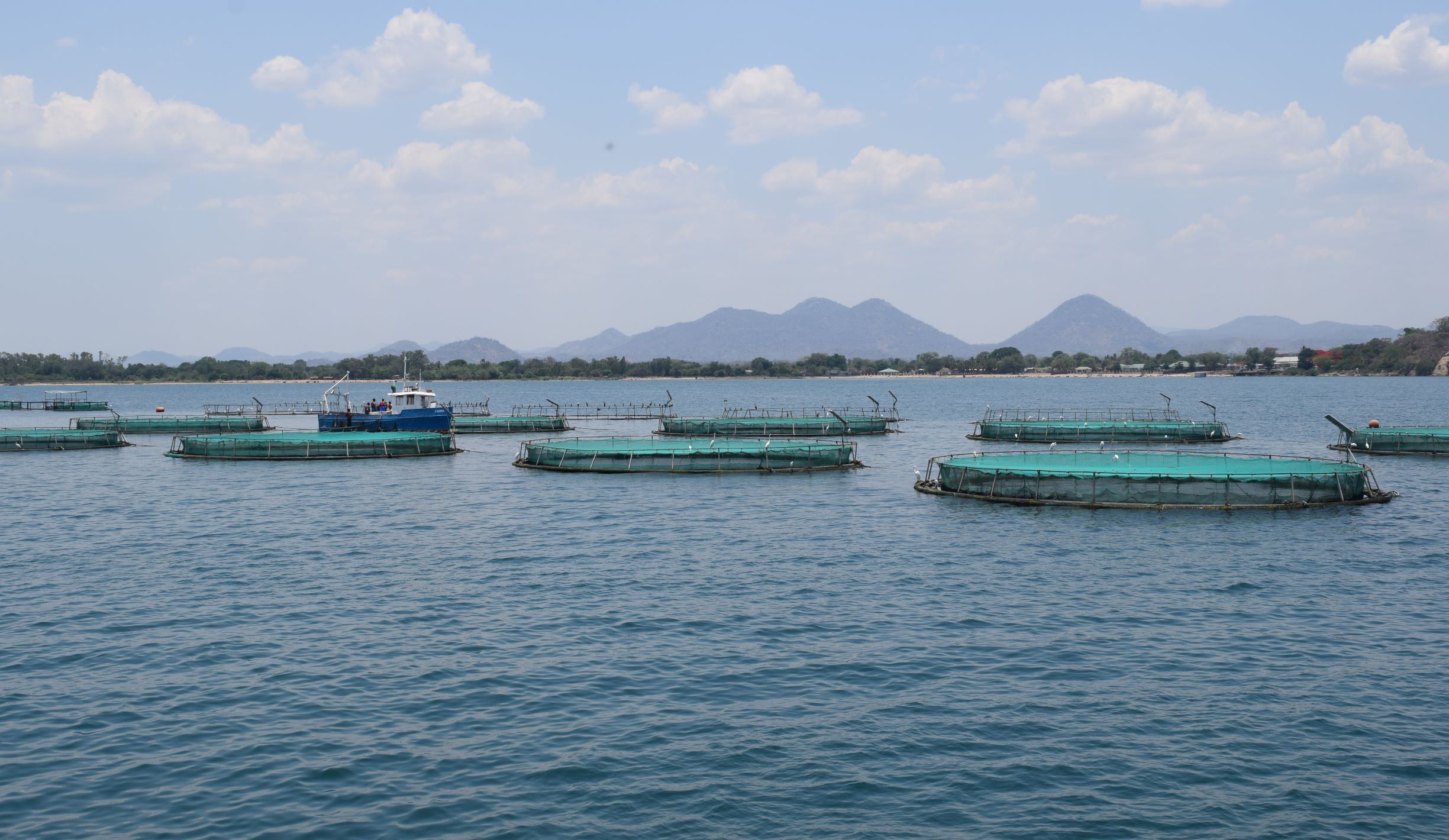Escom sticks to 69.7% tariff hike proposal
Electricity Supply Corporation of Malawi (Escom) has justified its 69.7 percent base tariff hike proposal, saying it will help it align its finance operational and capital requirements for the period 2023 to 2027.
Speaking during the first public hearing on the proposed tariff hike application to cover a four-year period to 2027 in Blantyre yesterday, Escom chief operations officer Maxwell Mulimakwenda saidthe tariff was reasonable for the given period.
He said: “We make these applications on behalf of the whole electricity industry. We combine costs from generators like Electricity Generation Company, independent power producers, Malawi Energy Regulatory Authority [Mera] levy, Malawi Rural Electrification Project levy and our costs; hence, such a tariff.
“The public should also note that we have not had a tariff adjustment since 2021, although economic changes have happened. We have had the devaluation of the kwacha, inflation has constantly been on the rise and many industries have increased but have kept our prices constant.”

Mulimakwenda said Escom has already forgone several areas which could necessitate it to earn more revenue to cushion consumers from price hikes.
He said: “We understand that the economic situation is not conducive for many Malawians and we have worked hard to look at affordability issues considering that we do not offer any other services.
“This increase is, therefore, reasonable because it will be phased in a four-year period.”
Mulimakwenda further highlighted that the tariff increase will enable Escom to improve service delivery and also allow it to buy power from local firms and other countries like Mozambique to ensure that load shedding in the country in reduced.
The proposed tariff increase, set to be a successor base tariff to the one implemented from 2018 to 2022, means that electricity consumers will pay an average of K177.26 per kilowatt hour (kWh) from the current average of K104.46/kWh.
However, the proposal comes at a time Escom is faulted for failing to meet some key performance indicators.
For instance, throughout the period of 2018-2022 base tariff, the utility firm failed to grow energy sales which it attributed to the drought experienced in the country between 2017 and 2019.
The firm also fell short of containing commercial losses which stood at 22.2 percent at the end of the tariff period against a target of 17.4 percent.
Effectively, Escom recorded a total revenue loss of K112.5 billion from July 2018 to March 2022.
In his reaction, Consumers Association of Malawi (Cama) executive director John Kapito yesterday said Escom was being unfair as it is simply pushing its inefficiencies to consumers.
“If electricity tariffs go up, everything goes up too. We want these charges to be equal to the services we are getting from Escom. Sadly, Escom is making the tariff application yet delivery of service is still poor,” he said.
Kapito said although Cama is not against the tariff hike, they demand that Escom improves on efficiency.
“They must put their house in order by reducing unnecessary costs because any tariff hike will simply fund the institutions inefficiencies,” he said.
But Mulimakwenda said the company has set plans to contain costs and ensure that there is efficiency at all levels.
He said: “We can assure our customers that we are working hard to look at costs and containment measures to improve efficiencies.
“For example, we recently moved some of our staff from Umoyo House, where were renting, to our own building in Mandala. Several decisions to contain costs are being made.”
The fresh electricity tarrif hike proposal comes against a background of water boards implementing an average 50 percent tarrif hike from June 1 this year.
In line with the 2017 Tariff Methodology, once every four years, Escom submits a base tariff application to Mera for consideration and approval.





